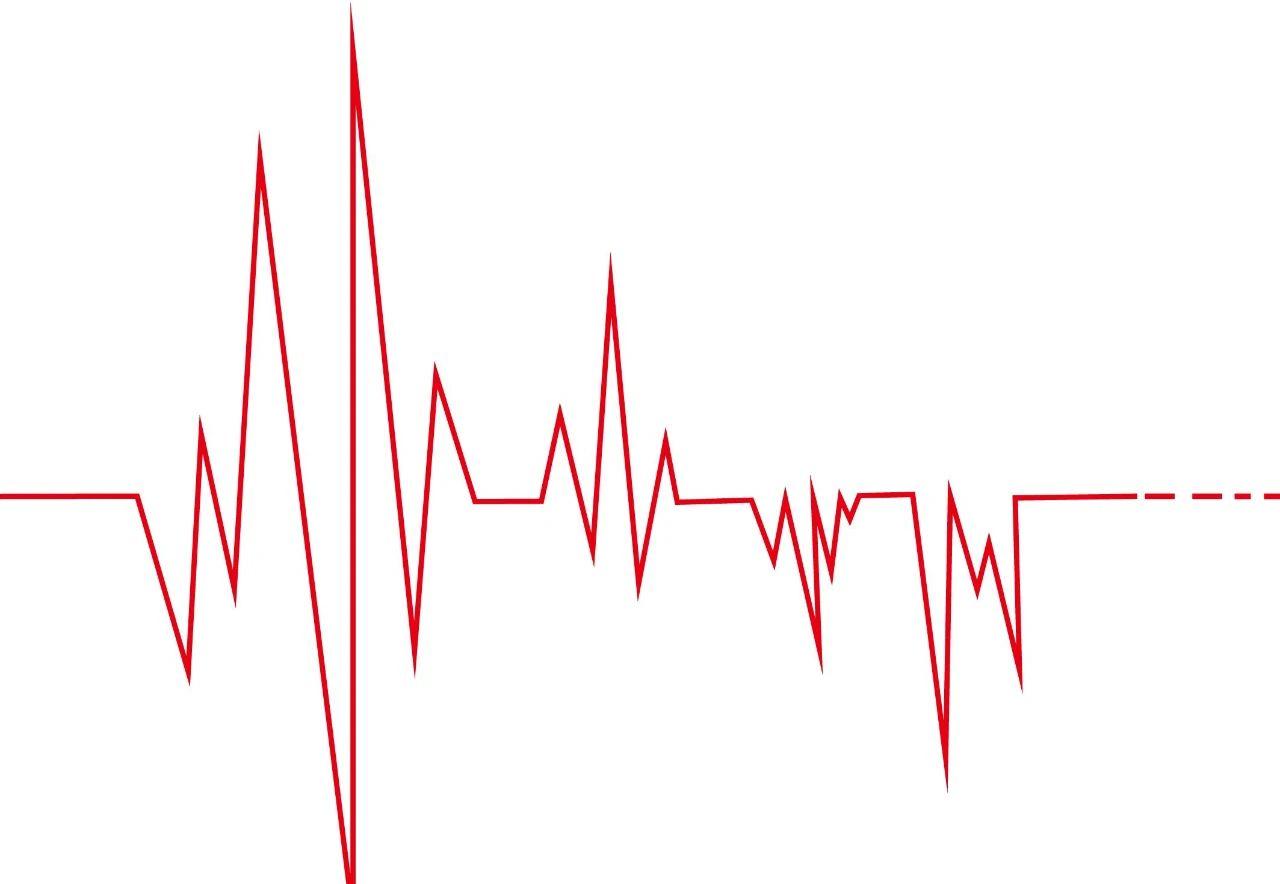A person's life expectancy has a certain relationship with heart rate, and in general, within the normal range, the slower the heart rate, the longer the life expectancy, and vice versa. But this is not absolute, because the heart rate cannot be infinitely slow. Strictly speaking, if the heart rate is in the normal range, then it is better to have a relatively slow heart rate, especially for heart disease patients, the heart rate is relatively slow, which is more beneficial to the body.

We've all heard of "heart rate," but in fact, like its pronunciation, there is a proper noun on the heart, called "heart rhythm." Although the pronunciation is the same, the meaning of the two is different. Heart rate refers to the number of times the human heart beats per minute, for example, 75 beats per minute, the heart rate is 75, 80 per minute, the heart rate is 80.
The heart rhythm is used to determine whether the rhythm of the heartbeat is normal, or whether the origin point of the heartbeat is normal. Normal heart rate is called sinus rhythm, other non-sinus heart rhythm refers to abnormal heart rate, such as atrial heart rate, junction area heart rate, ventricular heart rate, etc. are abnormal heart rate.
So how much of a normal heart rate is normal in our daily lives? We've been in middle school textbooks and the normal range of heart rate is 60-100 beats per minute, but this also varies from person to person.
Theoretically, a human heart rate is kept in the normal range of 60-100, but it cannot be generalized. For example, for a healthy heart, it is fast when it should be fast, and it is slow when it should be slow. When should it be fast? For example, after we have just finished exercising, the blood in the whole body increases, at this time the heart needs to accelerate the work, so it beats faster than usual, sometimes even jumping to 140 times / min, and young people will even soar to 160-180 times / min after strenuous exercise.
So when should the heart beat slowly? When we enter the sleep state, the blood required by the whole body is reduced, at this time the heart will also reduce its workload, the heart rate will slow down, and when some people enter deep sleep, the heart rate is maintained at about 50 is normal. But in our lives, judging the heart rate of the heart is usually by looking at the resting heart rate. That is, the rate at which we are in a quiet, awake state.
A study published in a foreign medical journal on the correlation between human longevity and heart rate showed that men with a heart rate higher than 75 beats had a mortality rate and risk of disease, which was twice as high as that of people with a heart rate of about 55 beats. The study also showed that people with a heart rate of more than 100 beats had a much higher mortality rate than those with a heart rate of about 55 beats, and the study lasted twenty-six years, during which time heart rate was positively correlated with the increase in mortality, and the trend was more pronounced in the male population.
The heart rate of healthy people is mentioned above, so how should heart rate control when treating heart disease patients? In general, the ideal resting heart rate for patients with angina and myocardial infarction is around 60 beats, and the risk of complications in this range is minimal. For patients with heart failure, the ideal resting heart rate should also be maintained at around 60 beats. Focus on patients with hypertension, if the heart rate of hypertensive patients exceeds 80 times / min, it is necessary to carry out heart rate treatment as soon as possible, only by controlling the heart rate as soon as possible can we better control blood pressure and prevent cardiovascular diseases.
[This article is exclusively produced by "Qianjinfang" New Media, and the picture comes from the Internet.] Author Yan Qing, without authorization, please do not reprint, copy】